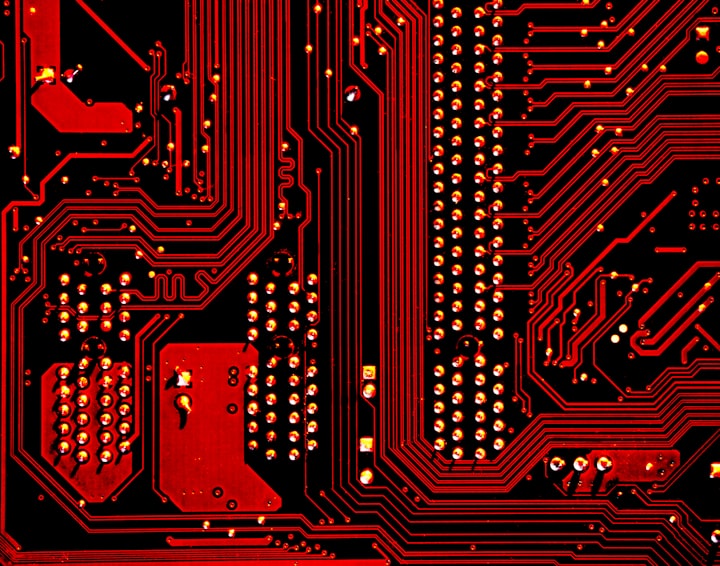Who will not be replaced by artificial intelligence
Who will not be replaced by artificial intelligence

In a recent paper published in Nature, Google's artificial intelligence team DeepMind describes the technical details of AlphaGoZero, the most powerful version of AlphaGo to date.
It proves that a pure reinforcement learning approach is perfectly feasible even in the most challenging areas: without human samples or guidance, without providing any domain knowledge beyond the basic rules, it defeated the previous version of AlphaGo, which had defeated Go masters such as Lee Sedol and Ke Jie, by 100:0 after only three days of reinforcement learning.
In May this year, Ke Jie lamented at a press conference after losing against the previous generation of AlphaGo: "I can't imagine it [AlphaGo] can play chess so full and so tough ...... it handles it much better than humans and makes people feel desperate. "
The despair that Ke Jie feels is the result of a top player's loss of the meaning of a career in Go, and poses a question to many more people: how many people will be replaced by machines if artificial intelligence becomes more powerful?
Two academics at Cambridge University in the UK calculated as early as 2013 that about 47% of the 702 job categories in the US would be at risk over the next ten to twenty years, including the current army of transport and logistics workers, manufacturing staff and bloated office administration positions, as well as insurance sales and real estate agents, all of which would be replaced by computers.
The impact of technological advances on jobs is not a new phenomenon. 1589 Englishman William Lee invented the knitting machine excited to apply for a patent, but received a reprimand from the Queen: "Your invention will turn my poor subjects into beggars."
However, the 21st century before the development of technology, most of the replacement of our muscles - cars, trains, airplanes let us go farther and faster, industrial arms to liberate the end of the day in front of the assembly line to repeat the simple actions of workers, typewriters let us greatly improve the efficiency of writing - until a dozen years ago, the vast majority of people are frankly accepted the impact of technology.
But artificial intelligence technologies, represented by deep learning and neural networks, have raised broader concerns because they are replacing the brains that humans are so proud of - Google Translate's accuracy rate has reached the level of a senior translator, Facebook can snoop on users' emotions to determine the type of information stream to push, and Microsoft Ice's level of "flirting" is growing by leaps and bounds.
Doctors, lawyers, financial analysts, these are considered to be "high" profession, artificial intelligence are doing better.
The pessimists are worried that AI will lead to the "road to slavery" depicted in "Alien" and "Beautiful New World".
Optimists, however, believe that AI will move from liberating our physical strength to liberating our mental capacity, just as the steam, electricity, and information revolutions did.
While AI will reduce some existing jobs, it will also allow humans to focus on higher value, higher reward and more creative work, thus better reflecting our sense of existence and value as a species.
The PwC report shows that employment in the UK is still at its highest level since 1971, proving that the country has weathered the first two decades of automation at least unscathed.
According to research from Cambridge University, the competitive talent track will switch again in the next decade.
Paralegals will be laid off in droves, but lawyers will become increasingly desirable; actors will remain unique in that they need to show the breadth and depth of emotion and personality through expressions and body movements in grasping different character relationships that are currently beyond the reach of artificial intelligence; and journalists who excel at writing in-depth stories will remain scarce, despite the proliferation of automated writing software.
Cambridge, along with the aforementioned PwC study, both concluded that soft skills are more important than hard skills in the age of AI - creative/creative, social skills/emotional intelligence - for workers to better enhance their workplace value.
In other words, those occupations that require art, intuition, inspiration and a high degree of characterization, involving interpersonal communication and emotional exchange have less exposure to AI, and those with skilled social skills and full of creativity will be the big winners in the next decade. In fact, how can this not be true in today's society?





Comments
There are no comments for this story
Be the first to respond and start the conversation.